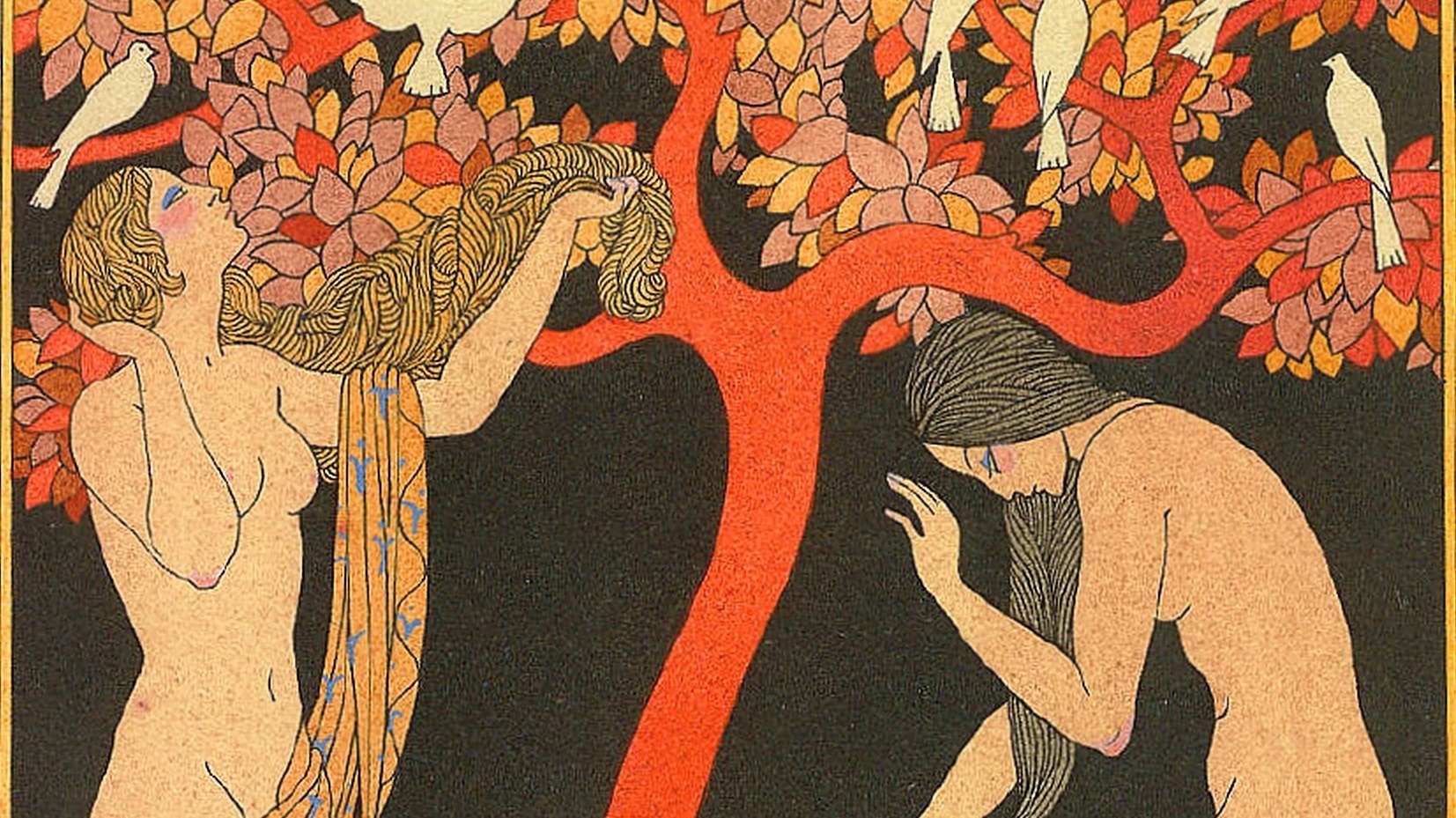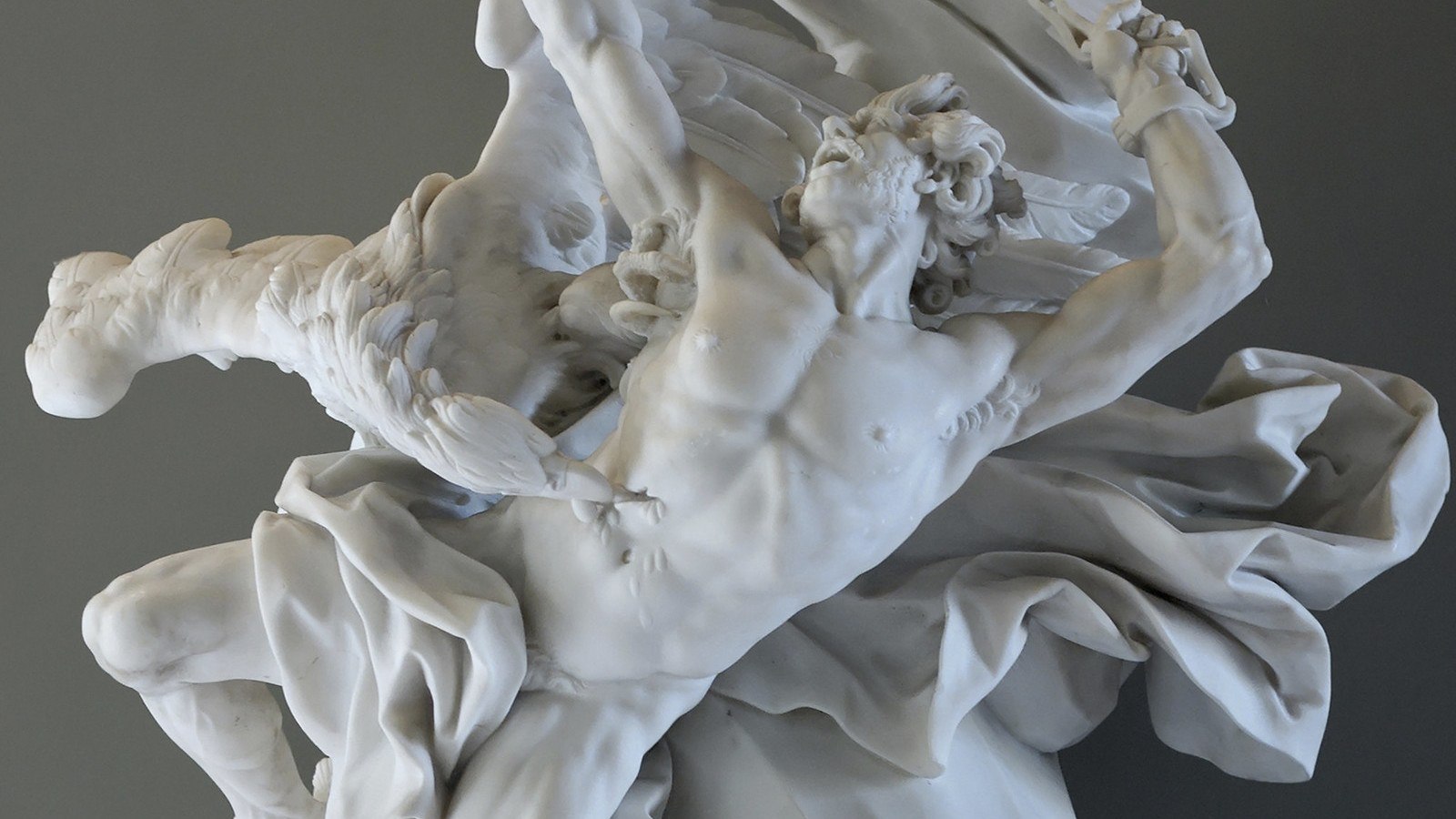Wagner’s “Siegfried”: “Waldweben” (Forest Murmurs) from Act II
In the second act of Wagner’s 1876 opera, Siegfried, we are drawn into the mystery and magic of the forest. Gradually, in the opening moments of the Waldweben (“Forest Murmurs”) sequence, our ears become attuned to the hum of nature. A rustling breeze through the vibrant green canopy forms a backdrop for cheerful birdsongs. Time is suspended, and the inner world of the deep forest becomes a serene and wondrous sanctuary. Jeff Counts includes quotations …







